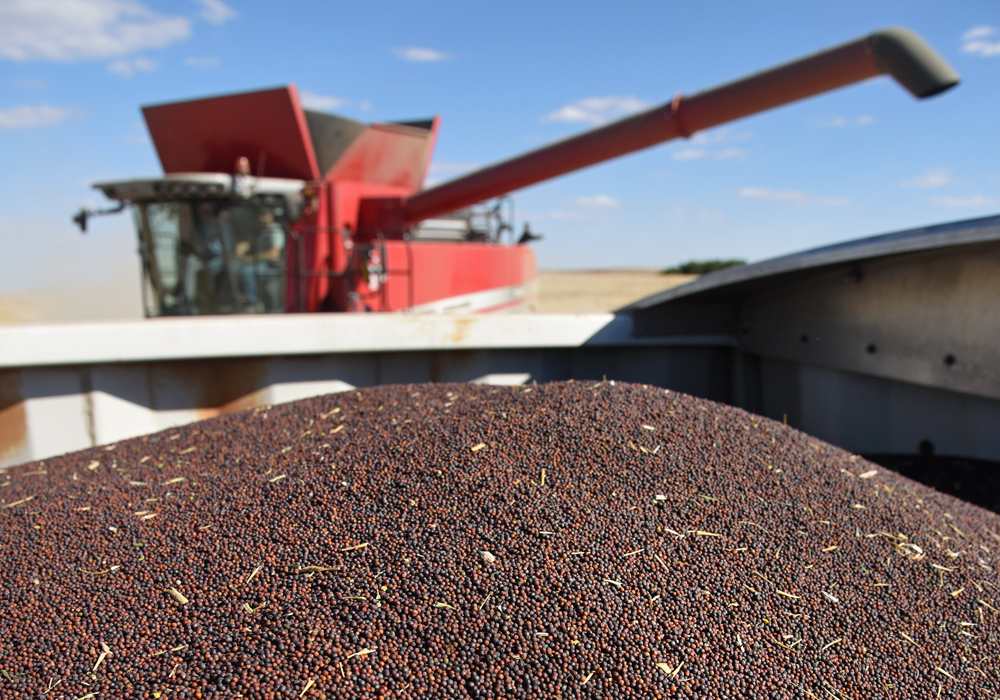WINNIPEG – To some following the commodities markets, it was clear that some participants overreacted to the news of China banning Viterra from selling canola to the country.
Bruce Burnett of MarketsFarm is one of those who saw that Canadian exports of canola to China have been pretty much dried up since January.
That came a few weeks after Huawei executive Meng Wanzhou was arrested by Canadian authorities at the behest of United States authorities. Meng is facing fraud charges in the U.S. and her extradition hearing is underway.
Read Also

Canadian Food Inspection Agency extends chronic wasting disease control program consultation deadline
Date extended for consultation period of changes to CWD program
China’s ban on canola from Richardson International and now Viterra “attracted attention from fund shorts who move in on the news,” Burnett commented.
The banning of Richardson and Viterra and the comments from the Canola Council of Canada certainly affected the market. Just over the course of the last week canola had lost C$13.30 to C$451.40 per tonne when the markets closed on March 27.
“For people who have a short in the marketplace, a non-commercial short, how much downside do you think there is to this? People will probably come to the conclusion it’s a pretty big move and a pretty low price,” Burnett stated.
There are some supports for canola, such as the Canadian dollar when it’s value to the U.S. dollar declines, plus canola has become more competitive with other vegetable oils and its crush margins have improved. Also, Current road bans across the Prairies has made it difficult for farmers to deliver their canola to the market and there is speculation farmers might plant less canola this spring.
Burnett said a trade deal between the U.S. and China might help canola a little bit, but what is really needed is a resolution to the tensions between Canada and China. Until then, it’s unlikely canola will bounce back in a manner similar to which it fell.
















